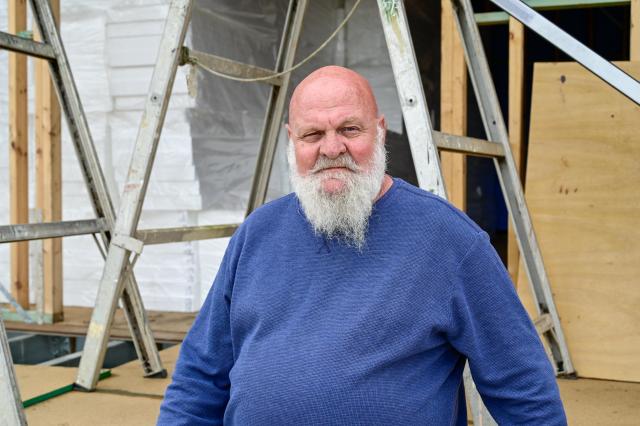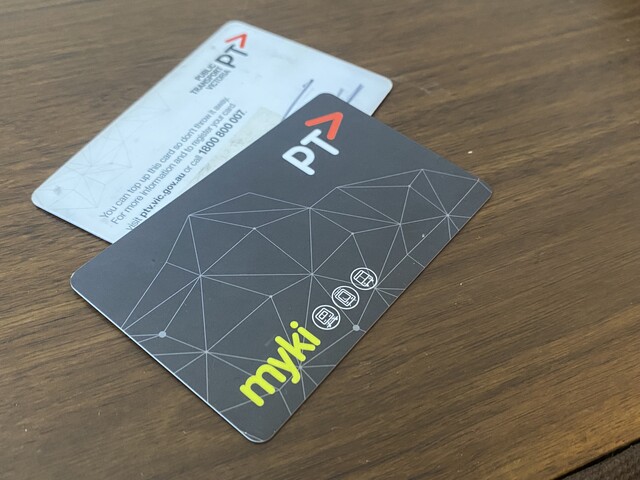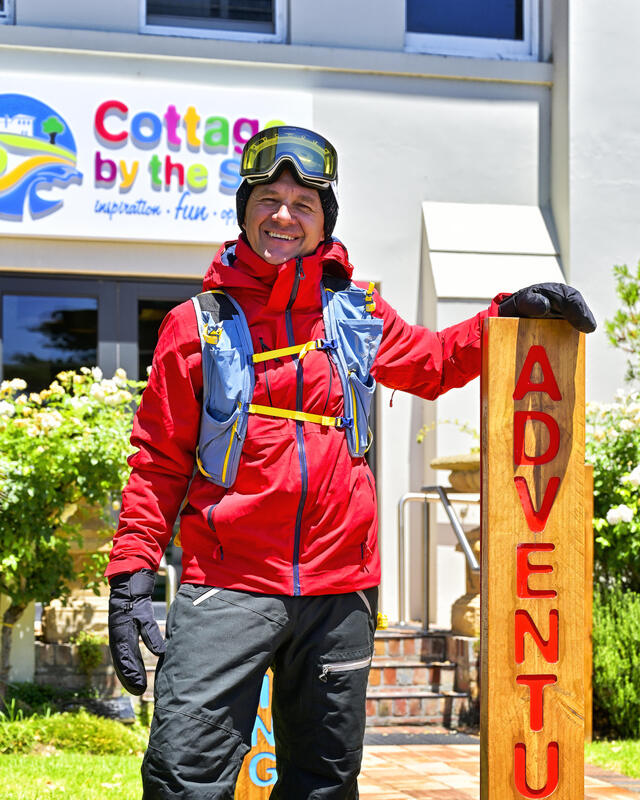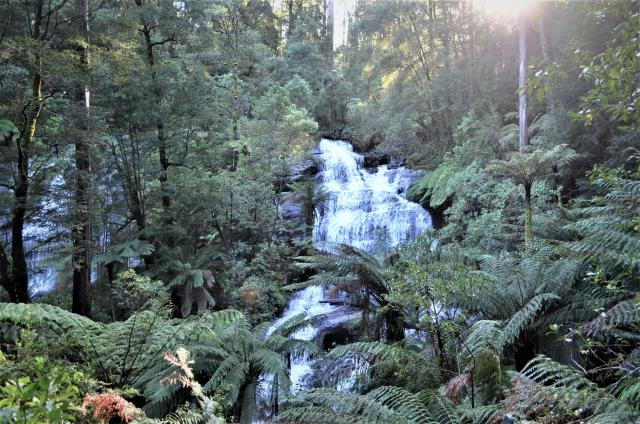Rob Lytzki has been nominated for this year’s Victorian Senior Australian of the Year for his work with drug and alcohol rehabilitation. He speaks to Justin Flynn about his journey from drug addict himself to Foundation 61 founder.
Rob Lytzki was an alcoholic at 15.
From there he progressed to speed and heroin and was in a downward spiral for decades.
The Victorian Senior Australian of the Year nominee never thought it was he who had the problem.
“Until I was 40 I didn’t even think I had a problem,” the now 65-year-old says.
“Everyone else had the problem. I battled through life pissed and stoned.”
Then one day Rob decided enough was enough.
He had tried abstinence several times, but the first steps towards a proper recovery began with reaching out.
“I started facing the demons within rather than facing the addiction itself,” he says.
“It was dealing with my inner turmoil if you like. That’s what started me down the road (to recovery) and I looked around and realised that all the people around me were drug addicts and alcoholics.”
Rob received counselling, volunteered at a rehab centre and started Foundation 61, a not-for-profit residential rehabilitation centre in 2005.
From a three-bed facility came expansion and a 15-bed place for men in Mount Duneed.
An eight-bed women’s facility is currently under construction and is expected to open early next year.
“Every now and then we get our heartaches but by and large we’re doing very well,” Rob says.
“We’ve had women’s groups all along but we haven’t had a house for them. We hope to have that finished and opened early next year. It’s been a six-year battle with bureaucracy.”
There is no ‘typical’ type of person that asks for help from Foundation 61.
“We do have the stereotypes that most people have the view of – broken families, low socio economic demographic – but we’ve had people with multiple degrees, headmasters, quite a few of the white collars in,” he says.
“There’s no race, colour or creed. It’s for people who try to outrun their brokenness or numb themselves out just to get from day to day. Everybody is susceptible to it.”
Rob says reaching out is often the most difficult part of recovery.
“Reach out and get someone to support you and walk the road with you to recovery,” he says.
“Don’t try and do it on your own. We’ve seen hundreds and hundreds get free of it but it does take courage to turn and fight, especially after long term addiction. A lot of people have very little self worth left.”
Many former residents return to volunteer.
“One of key support workers was in the program three times before the penny dropped and now he’s one of our most valued support workers,” Rob says.
“We’re always looking for volunteers. Especially once we start the women’s up we’re going to need a whole new team.
“Overnight staff, support workers, people to run groups, people to take to appointments.
We’ll find out their best fit.”
Foundation 61 is entirely funded by donations.
Give Where You Live, Geelong Community Foundation and private individuals have been very forthcoming with funds, but it’s a constant battle.
“We wouldn’t be able to afford to keep doing what we’re doing without them,” Rob says.









